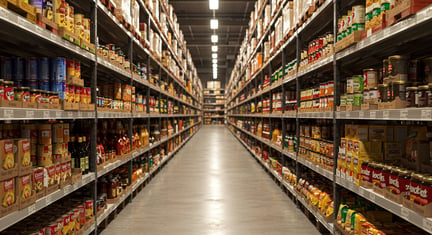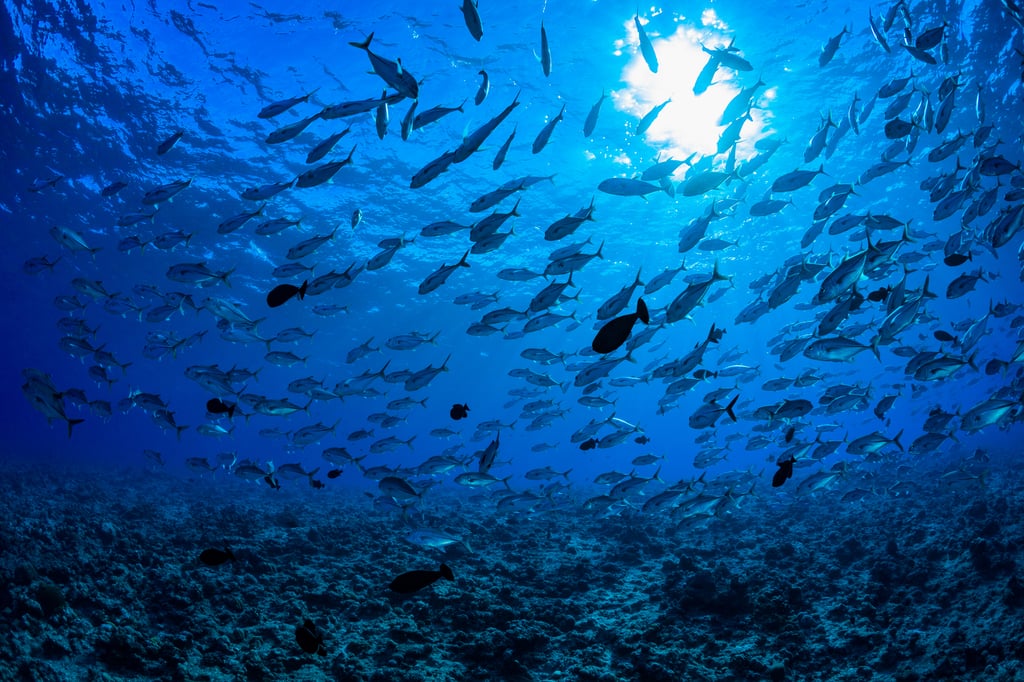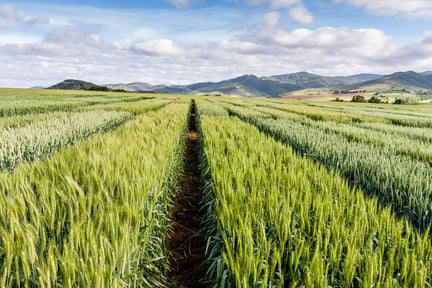In the ever-changing landscape of the seafood industry, the importance of addressing human rights risks is crucial.
Recent insights reveal that fisheries affected by illegal, unreported, and unregulated (IUU) practices often result in intolerable human rights violations.
Real-time human rights violations in the seafood industry
In the last decade, we have seen an increase in documented cases of social violations in the seafood sector at a vessel level, highlighting the need for greater attention and robust measures to protect the rights of workers throughout the supply chain. Recent examples of social violations in the seafood sector include:
- Forced labour and human trafficking: Reports have surfaced of migrant workers being subjected to forced labour and human trafficking in various parts of the world, including South-East Asia. These workers, often recruited under false pretences, may find themselves trapped in exploitative working conditions on fishing vessels or in seafood processing facilities.
- Poor working conditions: Workers in the seafood industry, including those on fishing vessels and in processing plants, may face unsafe working conditions, inadequate wages, long hours, and lack of access to basic resources such as clean water and proper sanitation facilities.
- Child labour: Instances of child labour have been reported in seafood harvesting and processing activities in several countries. Children are sometimes engaged in hazardous work, depriving them of their right to education and exposing them to health and safety risks.
- Discrimination and harassment: Workers in the seafood sector – particularly women and minority groups – face discrimination and harassment in the workplace, such as unequal pay, verbal abuse, and limited opportunities for advancement.
Understanding the crucial role of Human Rights Due Diligence (HRDD)
Human rights due diligence (HRDD) is a process through which organisations identify, prevent, mitigate, and account for how they address their impacts on human rights. Guided by international standards and frameworks – including the United Nations Guiding Principles on Business and Human Rights (UNGPs) - HRDD is a fundamental component of corporate responsibility and encompasses a range of activities aimed at understanding, assessing, and addressing human rights risks and impacts associated with an organisation’s operations, products and services.
Emilie Carroll, Manager of Food and Agriculture at LRQA, emphasises the necessity of addressing this oversight: "As responsible stewards of the seafood industry, it is imperative that we extend our focus beyond environmental and food safety certifications to encompass robust human rights due diligence solutions. LRQA is dedicated to assisting companies in identifying, preventing, mitigating, and remediating adverse human rights impacts throughout their supply chains, down to a vessel level."
Addressing these challenges with LRQA
In response to these challenges, LRQA offers tailored due diligence solutions designed to provide comprehensive visibility into social risks across the seafood supply chain:
- Social Responsibility Assessment Tool (SRA): The SRA is a risk assessment tool that helps clients identify and mitigate high-risk areas within the seafood supply chain using key data collection. Its open-access nature allows flexibility to meet client needs. The SRA risk assessment framework outlines critical data collection points across various social risk domains, enabling pinpointing of high-risk areas.
- The Human Rights Impact Assessment (HRIA): HRIA facilitates the identification of potential risks, diverging from a compliance standpoint, enabling businesses to allocate resources more strategically, guided by the assessment outcomes. A significant distinction from conventional compliance methods lies in acknowledging that risks and their underlying causes often stem from systemic issues, making their resolution inherently complex.
- Grievance mechanisms: By upholding the values outlined in the UNGPs, LRQA partners with its clients to establish grievance mechanisms to provide workers with an opportunity to voice concerns and seek solutions in real time. This approach enables companies to address issues promptly and uphold the rights of their workforce.
- Supplier engagement: LRQA's Supplier Engagement team focuses on addressing HRDD risks by providing targeted capacity building and support to workers and managers through on-the-ground activities and rigorous performance tracking. LRQA’s global team tracks improvements through the development of key performance indicators (KPIs) with suppliers and consistently monitors performance against these KPIs to ensure activities are meeting intended outcomes. This ensures that improvements are not only achieved but sustained over time, mitigating the recurrence of social issues within the supply chain. Each Supplier Engagement project is tailored to the supplier according to the issue areas at hand.
In an industry where social and environmental sustainability are inseparable, LRQA remains steadfast in its commitment to championing human rights and driving positive change. By harnessing the power of HRDD solutions, companies can navigate the complexities of the seafood sector with confidence, knowing that they are actively safeguarding the rights and well-being of all stakeholders involved.









